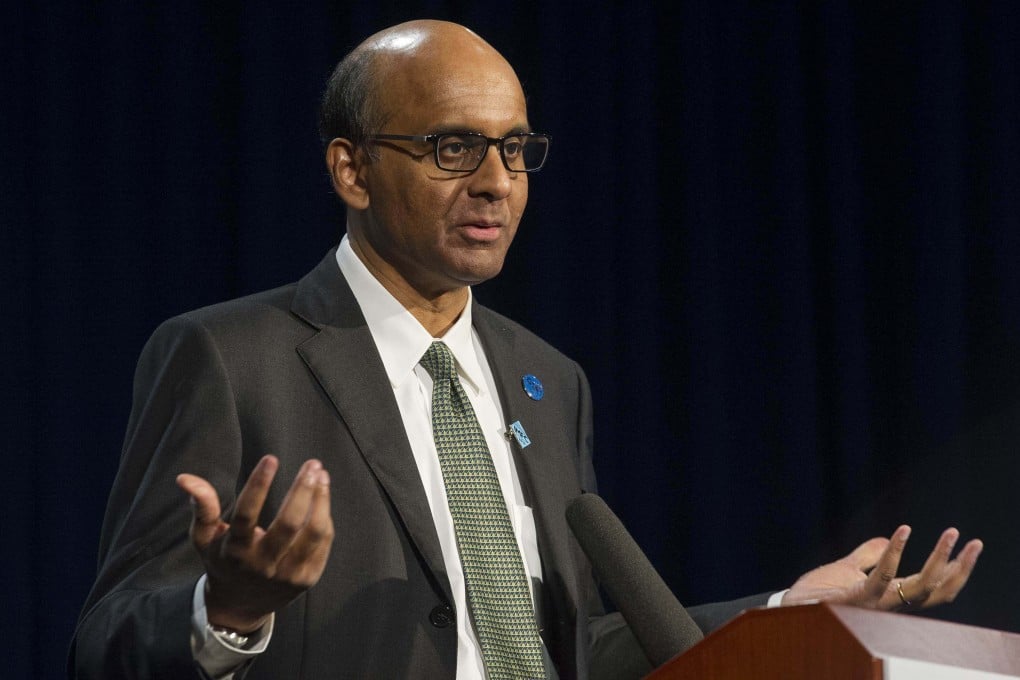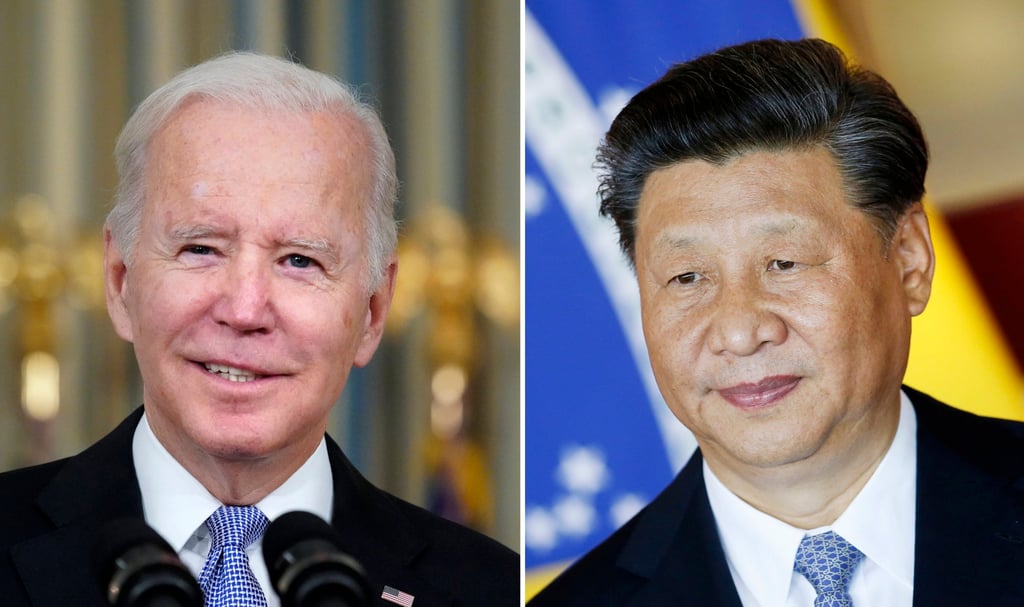US, other major nations, should give China bigger role in multilateral system: Singapore’s Tharman
- Senior minister calls for reset in US-China ties to one characterised by interdependence, collaboration in shared interests such as climate change
- If ties between both continue to fray and decouple, ‘that will lead to a more dangerous world for both the US and China’, he says

When asked whether he was optimistic about US-China ties neutralising in the next 10 years, Tharman – a senior minister and coordinating minister for social policies – suggested the relationship had been fraying and was moving closer towards decoupling.
“What’s happening now within the US and within China is a self-reinforcing future with more and more self-sufficiency, you’ll see more and more separation. The point is, that will lead to a more dangerous world for both the US and China,” he said.
“Just imagine a world where China is not part of the global markets – free investment, technology, ecosystems, data – just imagine that world.”
“It would be naive to think that economic interdependence assures us our peace, but it makes conflict far less likely than a bifurcated world – a world of bifurcated technologies, markets, payment systems and data,” he said. “That would be a very, very troubling world prone to conflict.”
